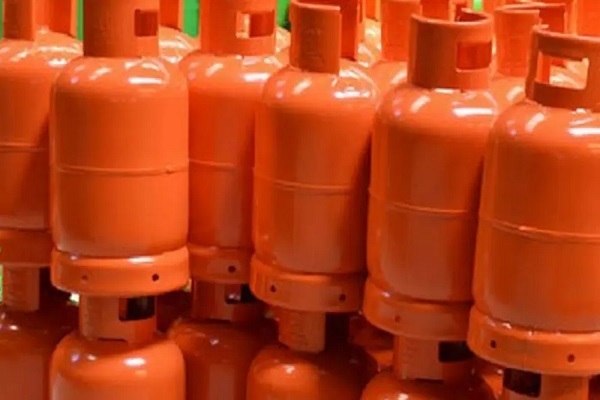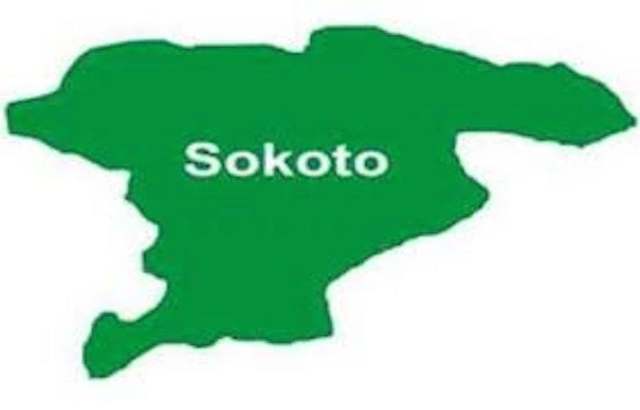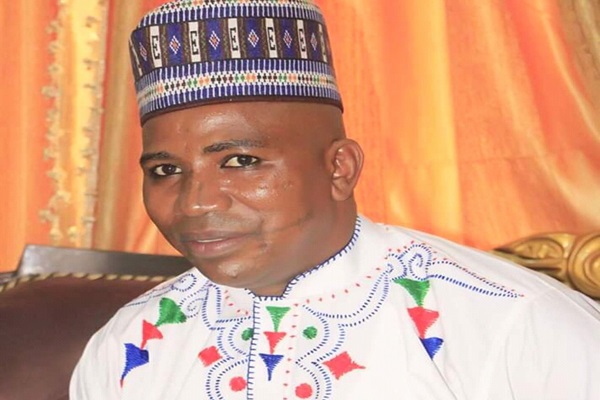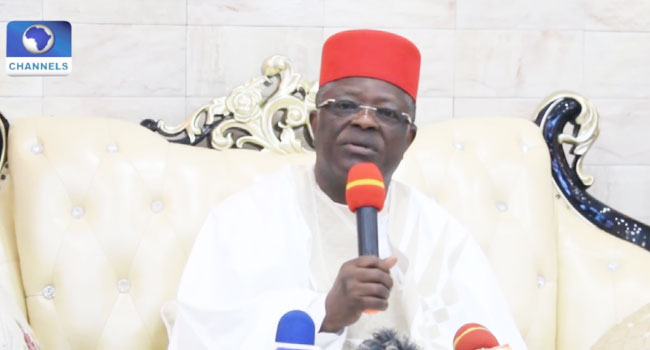The National Bureau of Statistics (NBS) yesterday said Nigerians spend an average N10,239.7 on liquefied petroleum gas (LPG) cooking gas monthly.
This was contained in its report titled: “Nigeria Residential Energy Demand-Side Survey (NREDSS), 2024, which the Statistician General of the Federation Adeyemi Adeniran launched in Abuja.
The report also said 19.4 percent of households reported using LPG during the reference period as their source of cooking.
“This means that about one in every five households use LPG,” according to the data.
The report added that about 41 percent of households reported purchasing fuelwood, closely followed by cutting/collection (39.0 percent), and only 18.9 percent of households used other means such as barter, gift, borrowing etc.
it added that more than half of the fuelwood cut/collected by households, 55.3 percent were branches, stems, and trees.
“An estimated 67.8 percent of households used the fuelwood either for domestic, agricultural, commercial, cultural, or religious purposes. The survey also found that one in every five households (22.0 percent) used charcoal during the reference period. Among households using charcoal, 21.6 percent purchased the product, and only 0.3 and 0.6 percent acquired it through their own production, and other means respectively.”
The Statistician General of the Federation and Chief Executive Officer of NBS Prince Adeyemi Adeniran said at the launch that the survey which is a pilot was conducted in nine states to get data on energy use in Nigeria.
He said the report showed over 58 percent of households are connected to the national grid across the nine states surveyed and 86.6 percent had electricity supply during the reference period.
“Out of the total households connected to the national grid, 85.2 percent used an estimated billing system while 14.8 percent reported using a pre-paid billing system. In addition, the average monthly expenditure of households on electricity was estimated at N4,155.8 during the reference period.”
He added that exercise is coming at this critical period in Nigeria, when energy demand, usage, and pricing have all been major topics of discussion in recent years.
“The insights contained in this report provide sound evidence for policymakers, operators, and the general public to apply in these discussions, even as the government seeks better outcomes for the energy sector as a whole.”
He added that access to reliable and affordable energy is a fundamental human right and a cornerstone of economic growth.
“The residential sector, which encompasses our homes, informal household businesses, and communities, is a major consumer of energy. Understanding the patterns, trends, and challenges within this sector is essential for developing effective policies and strategies to meet the nation’s energy needs.”







